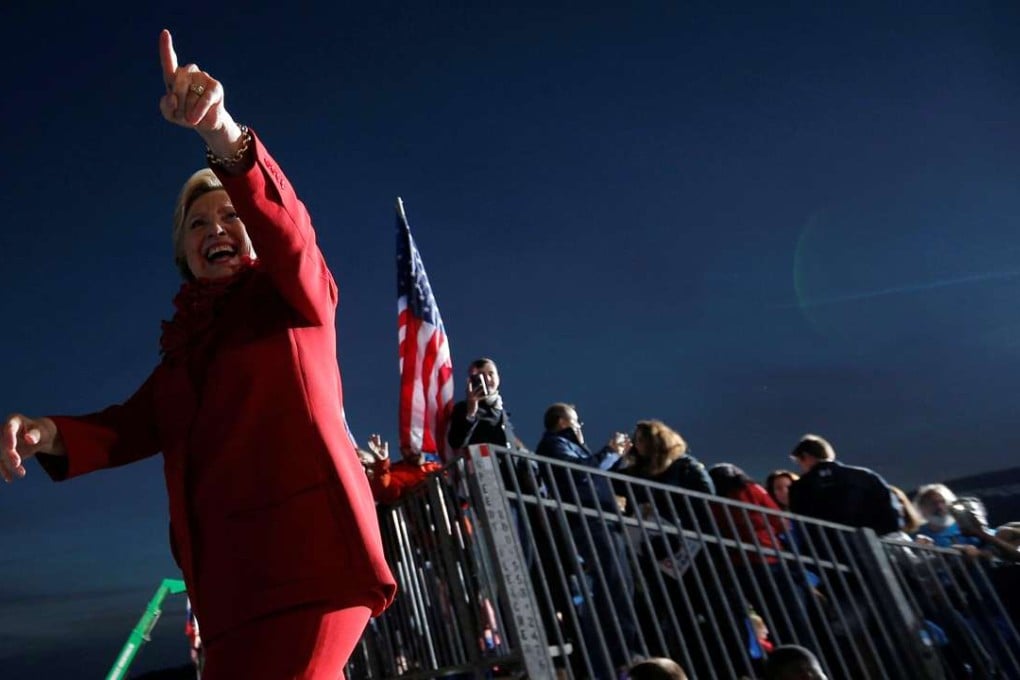Hobbled at home, expect a president Clinton to be hawkish on foreign policy
Dan Steinbock says the Republican pushback against a Democrat winning the White House race would be fierce and Clinton could be expected to push for more assertive US engagement in trade and national security

If Hillary Clinton wins the US presidential election, the conventional story will be that her victory was built on her egalitarian economic policy, gender concerns, international relations, strong defence policy and good ties with Europe and Japan.
But that’s just the facade – a carefully orchestrated result of millions in campaign funds, good ties with “super PACs” (political action committees), a skillfully manoeuvred electoral college, shrewd public relations and a long series of political miscalculations and gaffes by Donald Trump.
Americans will vote on November 8. However, the real battle will begin soon afterwards. The winner will face a split Congress, a divided Democratic Party and badly fragmented Republican Party. To defuse their meltdown, Republicans are likely to challenge Clinton every step of the way.
In July, FBI director James Comey closed a probe into Clinton’s private email server without pressing charges, which resulted in broad criticism. Last week, he reopened the case following a discovery of new emails. The debacle could undermine the Clinton campaign.

‘There’s no case here’: Clinton forcefully challenges FBI over emails
The new emails are just the latest episode in the bizarre reality show that is the US presidential electoral campaign. A flood of lawsuits, congressional investigations and special prosecutors may well follow. In addition to the Benghazi and FBI debacles, there is the problem of the thousands of emails from WikiLeaks, particularly those of John Podesta, Clinton’s campaign manager. The questions will centre on Clinton’s email server, her aide Huma Abedin, the pay-for-play allegations about her office and Bill Clinton’s speeches, the controversial Clinton Foundation and alleged coordination between the Democratic National Council, the Clinton campaign and various super PACs, involving mega financiers such as George Soros.
